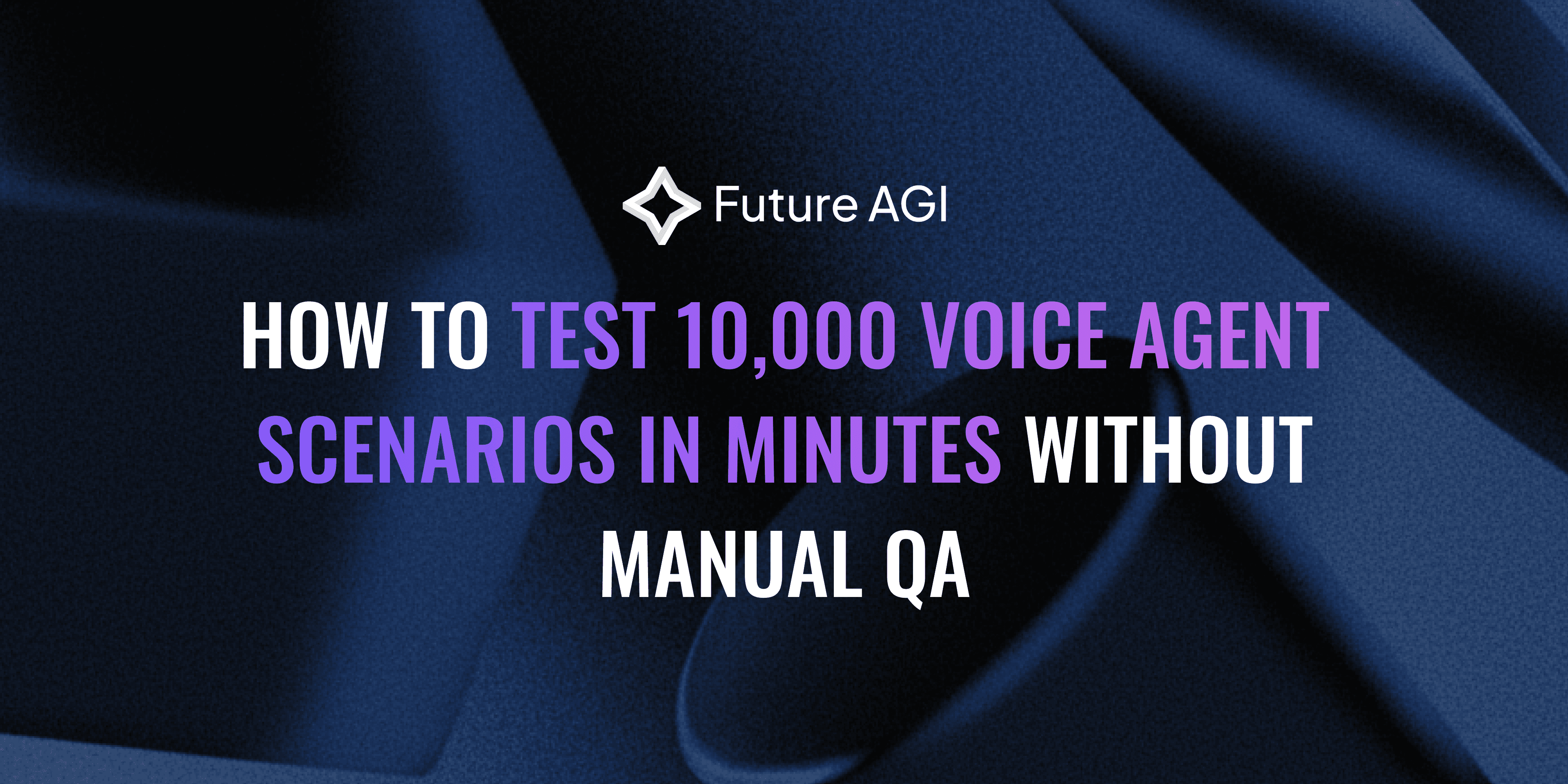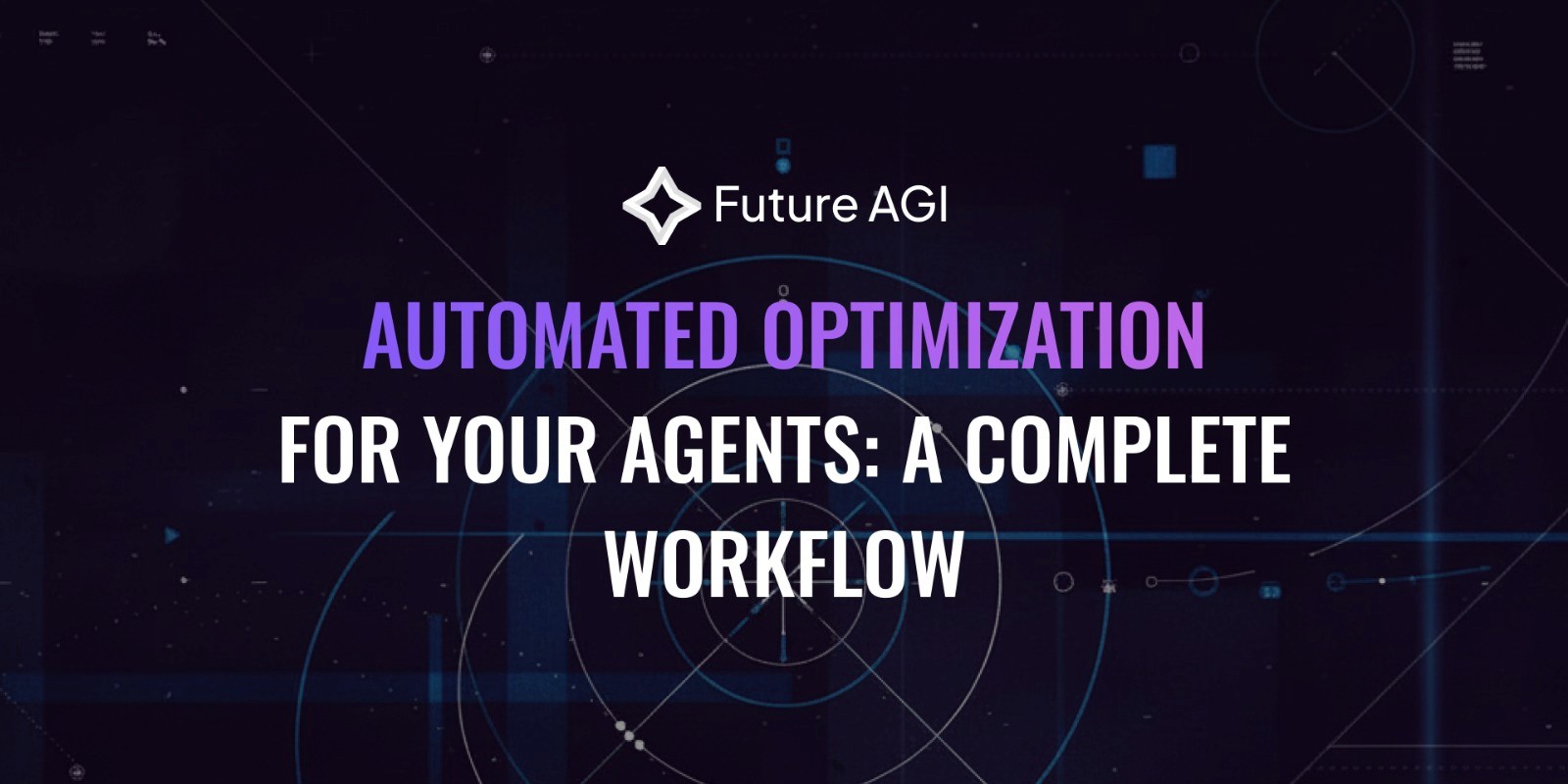Introduction
AI coding assistants have rapidly evolved from simple autocompletion tools into advanced assistants in the development process. This transformation began around 2023 with early AI pair programmers like the first GitHub Copilot, which offered on-the-fly code suggestions. By 2024, these assistants became more intelligent, providing real-time feedback and error detection that merged machine efficiency with human expertise.
Now, in 2025, the landscape is defined by multi-agent IDEs. These advanced platforms allow teams of AI agents to collaborate on complex tasks like fixing bugs, reviewing code, and managing tasks across projects. As a result, developers can offload detailed implementation work and focus more on high-level architectural and strategic decisions.
What is so special about 2025?
The role of AI in software development has become increasingly significant. India Today’s post states that by 2025, major tech companies like Google and Microsoft report that AI is responsible for generating over 30% of their new code, with some firms like Robinhood stating that this figure is closer to 50%. As the volume of AI-generated code increases, so does the emphasis on its reliability and security. This trend has intensified the need for advanced tools that can proactively identify potential issues and ensure that code remains robust and dependable.
In this post, we're stacking up GitHub Copilot, Cursor, and CodeWhisperer to figure out which one's the real winner for your setup. Which can supercharge your daily grind without all the usual frustrations? Hang tight, we're diving in!
Overview of AI Coding Assistant
2.1 GitHub Copilot
GitHub Copilot is an AI pair programmer designed to offer contextual assistance throughout the software development lifecycle. It uses advanced models, including OpenAI's GPT-5, Anthropic's Claude, and Google's Gemini, to provide code suggestions directly within the editor. The platform's capabilities are enhanced by an agent mode that can analyze code, propose edits, and validate results across multiple files.
This feature allows Copilot to handle complex tasks autonomously, such as resolving issues and preparing pull requests for review. The assistant is effective in improving efficiency for tasks like drafting pull requests and generating test scenarios.
Key Features:
Core AI Models: It is powered by generative AI from GitHub, OpenAI, and Microsoft, Copilot is trained on a vast range of public code repositories. Depending on the subscription plan, users can access different models, such as GPT-5, Claude Opus 4.1, and Gemini 2.5 Pro.
IDE and Platform Integration: It integrates natively with popular IDEs like VS Code, Visual Studio, and JetBrains IDEs. As part of the GitHub ecosystem, it streamlines workflows by connecting directly to issues and pull requests.
Enterprise-Grade Controls: For businesses, Copilot provides organizational policy management, security features, and IP indemnity. The Enterprise plan can also index an organization's internal codebase to deliver more customized and context-aware suggestions.
2.2 Cursor
Cursor Cursor is an AI-first code editor designed to accelerate software development by integrating AI into its core functionality. It operates as a standalone application that feels familiar to users of other popular editors, allowing for the import of existing extensions, themes, and keybindings.
The editor is built to understand the context of an entire codebase, enabling developers to ask questions, reference specific files or documentation, and apply code changes using natural language prompts. This deep contextual awareness helps streamline complex tasks like refactoring and debugging.
Key Features:
AI-Native IDE: Unlike plugins that add AI features to an existing editor, Cursor is designed from the ground up as an AI-centric development environment. It supports SOC 2 certification and offers a privacy mode where code is not stored remotely.
Multi-Model Support: The editor is powered by a combination of purpose-built and leading AI models, including GPT-4o and Claude 3. This flexibility allows developers to switch between different models to best suit their specific task, whether it requires rapid code generation or in-depth analysis.
Codebase-Aware Assistance: Cursor indexes the entire project to provide contextually relevant answers and suggestions. Its AI chat can be used to debug, refactor, or explain code snippets, acting as an intelligent pair programmer that understands the full scope of the repository.
2.3 AWS CodeWhisperer
AWS CodeWhisperer is an AI-powered coding companion that has been integrated into Amazon Q Developer, a comprehensive AI assistant for building, operating, and understanding applications on AWS. It is trained on billions of lines of code from Amazon and open-source projects, enabling it to provide real-time code suggestions that range from single lines to entire functions.
CodeWhisperer is designed to enhance developer productivity by generating suggestions based on existing code and natural language comments. It is particularly optimized for use with AWS services and APIs, ensuring that the generated code aligns with AWS best practices.
Key Features:
Model and Data: The underlying models are trained by Amazon, with a strong focus on security and efficiency within the AWS ecosystem. CodeWhisperer provides suggestions for over 15 programming languages, including Python, Java, JavaScript, and infrastructure-as-code languages like Terraform and AWS CloudFormation.
Security and Compliance: A key feature is its built-in security scanning, which can detect vulnerabilities such as exposed credentials and suggest immediate remediations. It also includes a reference tracker that flags code suggestions similar to existing open-source code, providing attribution and license information to help developers maintain compliance.
Integration with AWS Services: CodeWhisperer integrates seamlessly with a variety of IDEs, including VS Code, JetBrains IDEs, and AWS services like Cloud9 and Lambda. This deep integration allows it to offer context-aware suggestions for AWS services like S3 and DynamoDB, streamlining cloud development workflows.

Figure 1: AI Coding Assistant Features
Feature-by-Feature Comparison
Now that we've gone over the basics, let's see how well these AI coding tools work on real problems. This side-by-side comparison shows off their real tech skills by focusing on refactoring, debugging, and writing code.
3.1 Code Completion and Generation
Effective code completion and generation are essential for accelerating the development process. These tools offer distinct approaches to providing timely and relevant code suggestions.
Inline Suggestions: GitHub Copilot provides context-aware completions within the current file, with an average response time of around 890ms. In contrast, Cursor offers multi-line suggestions that can span across multiple files and include automatic import handling, with a reported average response time of 320ms. AWS CodeWhisperer specializes in generating snippets optimized for the AWS ecosystem and includes immediate vulnerability detection to help secure code as it is written.
Function and Block Generation: Copilot generates complete functions based on user comments, offering a guided approach to building out code blocks. Cursor's "Composer" feature is designed for creating code that extends across multiple files, maintaining architectural consistency throughout a project. CodeWhisperer is tuned to generate secure and compliant code for AWS services, suggesting optimized Lambda handlers or S3 interactions that align with cloud best practices.
Features | GitHub Copilot | Cursor | CodeWhisperer |
Response Time | 890ms | 320ms | ~500ms (AWS-tuned) |
Multi-File Edits | Agent mode (limited) | Composer (advanced) | |
Auto-Imports | Basic | Intelligent, context-aware | AWS SDK-specific |
Table 1: Code Completion and Generation table
3.2 Refactoring and Multi-File Operations
Code refactoring across multiple files is a common challenge that requires careful coordination between different parts of a codebase. These AI assistants offer distinct approaches to handle large-scale code modifications.
GitHub Copilot: Agent mode is designed to handle complex refactoring tasks across multiple files autonomously. It can analyze existing code, propose edits, and iterate to fix issues until the task is complete. The agent determines which files need modifications and can handle multi-step operations like API migrations or algorithm optimizations. However, agent mode may require additional prompts to refine its approach for more complex scenarios
Cursor: Excels at intelligent refactoring operations, particularly when optimizing algorithms or improving code efficiency. The editor's codebase-aware capabilities enable it to understand dependencies across files and suggest comprehensive changes that maintain architectural consistency. Its ability to perform project-wide analysis helps identify and resolve potential conflicts when making large-scale modifications.
AWS CodeWhisperer: Focuses on security-aware refactoring, particularly for cloud infrastructure code. It identifies OWASP vulnerabilities and suggests IAM policies with least-privilege principles during the refactoring process. This makes it particularly valuable for infrastructure-as-code refactoring where security and compliance requirements are critical. CodeWhisperer's security scanning capabilities help ensure that refactored code maintains or improves the security posture of the application
3.3 Debugging and Error Handling
There are always problems at gigs, but with the right tool, you can find them and fix them without breaking a sweat.
GitHub Copilot: Copilot Chat breaks down errors in straightforward terms and pitches fix ideas; it ties into terminals for on-the-spot debugging that catches problems right as they pop up.
Cursor: The auto-debug scans look for dead weight in your codebase, like unused bits or upgrade snags, and flag problems early on. Its agent mode rolls out fixes that cover all repos, cleaning everything up without you having to do anything.
CodeWhisperer: It has built-in scans that look for CVEs and injection threats and gives you tips on how to fix them right away. It really shines at fixing AWS runtime problems so that you can run your code without any problems.
3.4 Chat and Agent Capabilities
Modern AI coding assistants have evolved beyond simple code completion to include sophisticated chat and agent-driven functionalities that allow for more complex and interactive workflows.
GitHub Copilot: Offers a conversational interface through Copilot Chat, which is integrated directly into the IDE and allows developers to ask questions and receive context-aware coding assistance. The more advanced agent mode enables Copilot to autonomously handle multi-step tasks such as building features, fixing bugs, and managing pull requests. This mode can analyze an entire project, determine the necessary steps to complete a high-level prompt, and execute code edits without requiring approval at every stage.
Cursor: Provides multiple modes for interacting with its AI, including an "Agent" mode that can perform tasks, an "Ask" mode for codebase-related questions, and a "Manual" mode for more granular control. This flexibility allows developers to offload routine tasks, such as implementing new features or refactoring code, freeing them up to focus on higher-level architectural decisions.
CodeWhisperer (Amazon Q Developer): As part of Amazon Q Developer, it provides powerful agent capabilities through a command-line interface. The
/devagent helps in generating and implementing new application features, while the/reviewagent assists with code reviews and security checks. These agents are deeply integrated with AWS services and IAM, ensuring that all operations are performed securely and in compliance with organizational policies.
3.5 Speed and Efficiency
The performance of an AI coding assistant is a critical factor in a developer's daily workflow, as response times and resource consumption can directly impact productivity.
Cursor is noted for its rapid code completions, with an average response time of approximately 320ms, making it faster than many competitors in generating suggestions. However, its memory usage is around 1.2GB, which is higher compared to GitHub Copilot's lighter footprint of about 380MB.
GitHub Copilot provides reliable performance with an average response time of 890ms for code completions. While it may not be the fastest, its lower memory consumption makes it a more resource-friendly option for developers running multiple applications simultaneously.
AWS CodeWhisperer is optimized for AWS-related development, reportedly performing up to 37% faster on average for tasks within the AWS ecosystem. This specialization makes it a highly efficient choice for developers working extensively with AWS services.
3.6 Integration and Compatibility
Seamless integration with a developer's preferred Integrated Development Environment (IDE) and broader platform ecosystem is crucial for maximizing the utility of an AI coding assistant.
3.6.1 IDE Support
GitHub Copilot: Offers extensive compatibility, with dedicated extensions for popular editors including Visual Studio Code, Visual Studio 2022, Neovim, and the suite of JetBrains IDEs. Its widespread support allows developers to maintain a consistent experience across different development environments.
Cursor: Functions as a standalone, AI-native IDE forked from VS Code. It is available on macOS, Windows, and Linux and supports the import of existing VS Code extensions, themes, and keybindings, which helps to ease the transition for new users.
AWS CodeWhisperer: Integrates directly with a range of IDEs, including VS Code and the JetBrains suite, as well as AWS-native environments like AWS Cloud9 and the AWS Lambda console.
3.6.2 Platform Ecosystems
GitHub Copilot: As a native component of the GitHub ecosystem, it is deeply integrated with GitHub features. It can interact with issues, create pull requests, and draw context from repositories to provide highly relevant suggestions, streamlining the entire development workflow.
Cursor: While not as deeply integrated into a specific platform as Copilot, it offers robust Git integration, allowing developers to manage commits, branches, and other version control tasks directly from the editor.
AWS CodeWhisperer: Is intrinsically linked to the AWS ecosystem. It syncs with services like AWS IAM to provide secure, context-aware suggestions that align with an organization's cloud infrastructure and security policies.
3.6.3 Extensibility and Model Customization
GitHub Copilot: Allows users with certain plans to choose from a selection of models, such as those from OpenAI and Anthropic, to balance speed and performance based on the task.
Cursor: Provides significant flexibility by allowing users to bring their own API keys for various models, including GPT-4 and Claude. It also features a "model chaining" capability that lets developers combine different models for complex workflows, such as using one model for code generation and another for in-depth analysis.
AWS CodeWhisperer: Relies on its in-house models, which are highly optimized for the AWS environment. While this limits the use of external models, it ensures that suggestions are secure and specific for AWS services.
Pricing and Licensing Models
4.1 GitHub Copilot
GitHub Copilot offers a straightforward plan at $10 per month for individuals and $19 per user per month for business accounts, with unlimited fair use to keep things flexible for all users.
4.2 Cursor
Cursor charges $20 per month for its premium access, which includes capped requests to manage usage, and applies overage fees if you exceed those limits during heavy coding sessions.
4. 3 AWS CodeWhisperer
AWS CodeWhisperer provides a free tier for individual developers to get started easily, while the Pro version costs $19 per user per month and adds advanced security features for teams.
Real-World Use Cases
Full-Stack Web Development: For developers engaged in multi-file projects using frameworks like React and Node.js, Cursor offers significant advantages. Its ability to analyze an entire codebase allows it to identify inconsistencies and suggest structural improvements across multiple files simultaneously, which can reduce the need for manual adjustments during rapid application development.
Cloud Infrastructure: AWS CodeWhisperer excels in developing and maintaining cloud infrastructure. It generates secure and compliant code for AWS services such as Lambda and DynamoDB, incorporating checks for access control and data handling best practices. This helps ensure smoother and more secure deployments.
Legacy Code Migration: GitHub Copilot's agent mode is particularly effective for modernizing legacy codebases. It can analyze repository patterns to identify outdated functions and suggest modern replacements, helping to migrate old code while preserving the existing architecture. The agent can assist in translating code from older languages, such as COBOL, to modern alternatives like Node.js by generating documentation, creating test plans, and converting the code.
Enterprise Teams: In regulated environments, AWS CodeWhisperer helps enforce compliance by generating code that comply to standards like GDPR. Cursor supports collaborative debugging by allowing team members to join shared sessions and apply fixes in real-time.
Limitations and Drawbacks
GitHub Copilot: Due to its context window limitations, Copilot may sometimes provide inconsistent or incomplete suggestions when working with a large number of files. This can result in code that requires significant manual refinement.
Cursor: The editor comes with a higher cost and greater memory consumption, which could impact system performance during prolonged use. Over-reliance on its suggestions without careful review may lead to the introduction of redundant or duplicated code blocks.
AWS CodeWhisperer: While highly effective within the AWS ecosystem, its capabilities are more limited when applied to non-AWS-related development tasks. It can also produce verbose suggestions, which may add unnecessary complexity to the codebase.
Conclusion
Wrapping up, if you are after a strong all-around coding assistant in 2025, Cursor stands out with its knack for refactoring and flexibility in switching between models. GitHub Copilot fits best if you want smooth integration with your favorite editors, while AWS CodeWhisperer takes the lead for secure coding within Amazon's cloud setup. Advanced developers, think about your main work environment; mixing tools like Cursor for local projects and CodeWhisperer for cloud tasks often gives the best results.
As AI coding assistants like Copilot, Cursor, and CodeWhisperer generate more enterprise code, platforms like Future AGI are emerging to ensure AI applications achieve 99% accuracy in production. This evolution toward trustworthy AI evaluation will be crucial as organizations increasingly rely on AI-generated code.
FAQs











